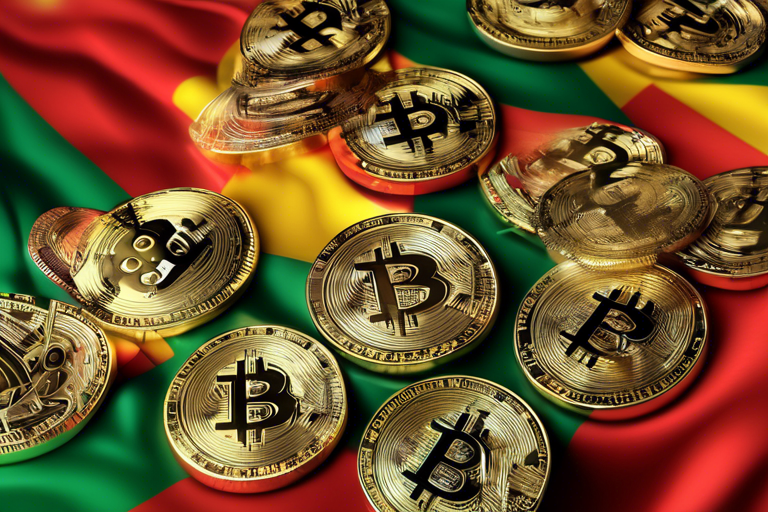The Central Bank of Bolivia Lifts Ban on Bitcoin and Cryptocurrencies
After four years, the Central Bank of Bolivia has officially reversed its 2020 ban on Bitcoin and other cryptocurrencies. This move, aimed at updating the financial system, acknowledges the growing importance of digital currencies in the global financial ecosystem. By reversing the ban, Bolivia is recognizing the increasing relevance and potential impact of digital assets on the economy.
The New Crypto Landscape in Bolivia
The Central Bank of Bolivia (BCB) announced that financial institutions can now engage in cryptocurrency transactions through authorized electronic channels. This change aligns Bolivia with Argentina’s more relaxed stance on digital assets and ends a ban on crypto use that started in 2014. This reversal of the 2020 ban, coordinated with the Financial System Supervision Authority (ASFI) and the Financial Investigations Unit (UIF), allows more freedom but still does not recognize cryptocurrencies as legal tender.
- Bolivia aligns with Argentina’s stance on digital assets
- Ban on crypto use since 2014 has been lifted
- Financial institutions can now engage in cryptocurrency transactions
Bolivia’s Emphasis on Educating Citizens about Crypto Risks
Bolivia is taking steps to educate its citizens about the risks of trading cryptocurrencies as part of its Economic and Financial Education Plan. This effort by the Central Bank of Bolivia (BCB) aims to ensure people handle digital assets safely and understand potential risks. Bolivia’s move reflects its commitment to adapting to changes in digital finance and international money transfers, aligning with global trends toward integrating cryptocurrencies while adjusting regulations accordingly.
The Impact on Bitcoin’s Price
Despite the regulatory change, Bitcoin’s price rose by about 1.7%, from $60,580 to $62,333. Currently, Bitcoin is trading at $61,672 with a market cap of $1.2 Trillion.
Hot Take: Bolivia Embraces Crypto with Lifted Ban
Bolivia’s decision to lift the ban on Bitcoin and other cryptocurrencies marks a significant shift in its approach to digital assets. This move not only aligns Bolivia with global trends but also reflects the country’s willingness to adapt to the changing financial landscape. By allowing financial institutions to engage in cryptocurrency transactions, Bolivia is opening up new opportunities for its citizens and businesses in the digital economy.





 By
By
 By
By
 By
By
 By
By
 By
By
 By
By